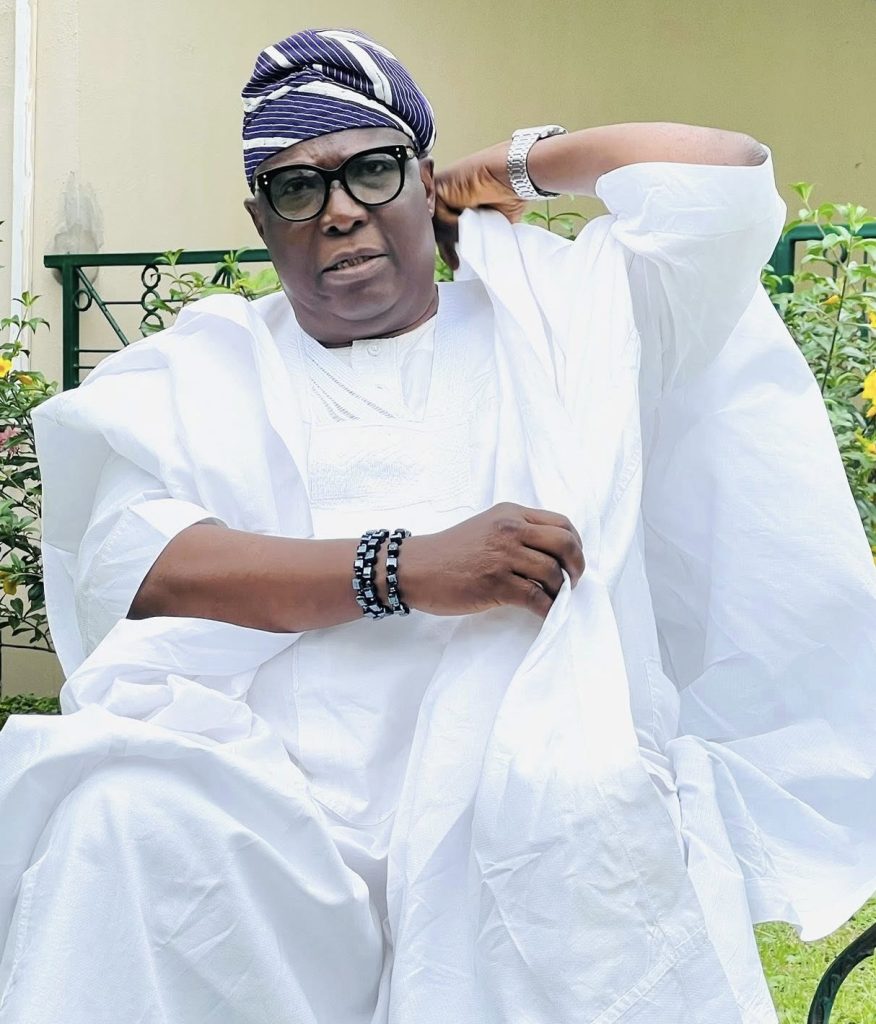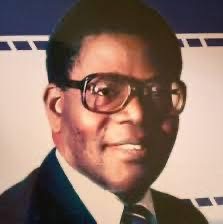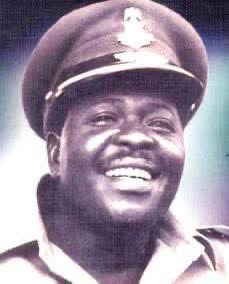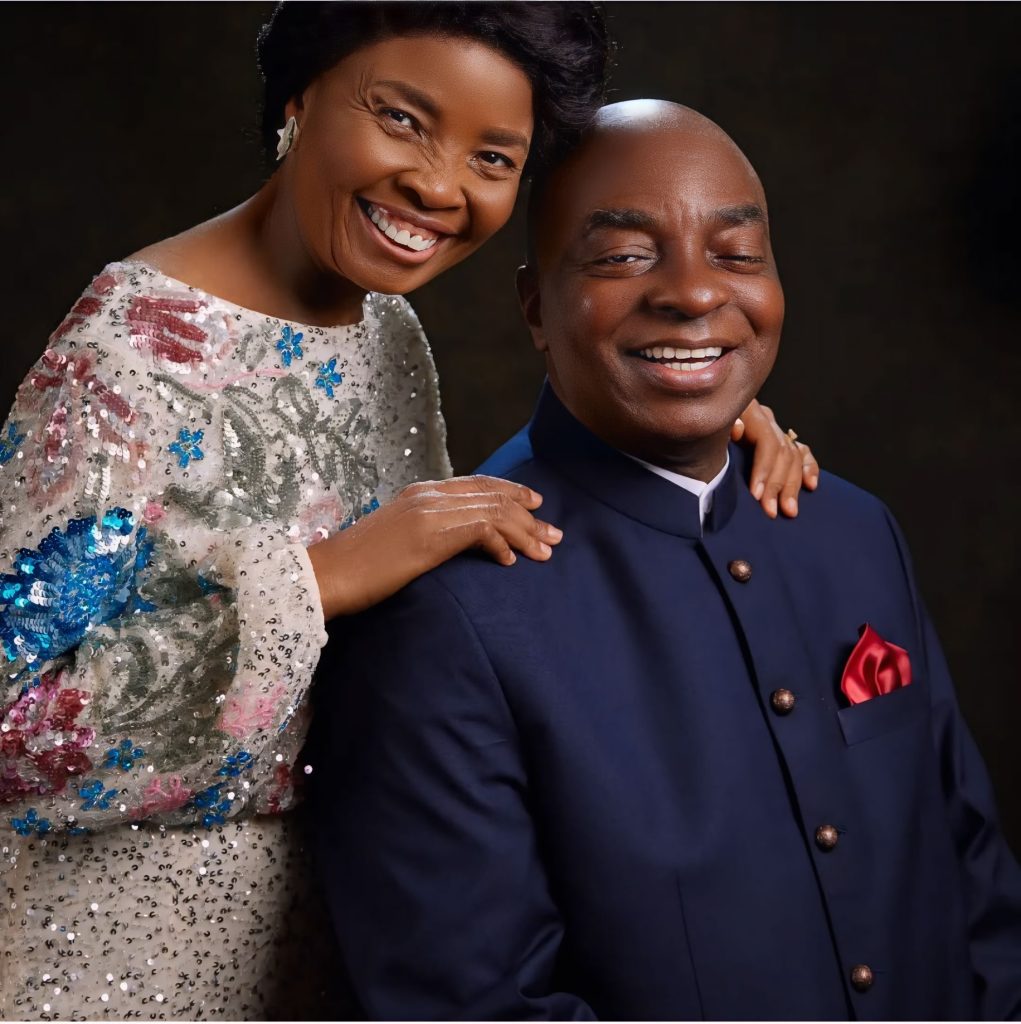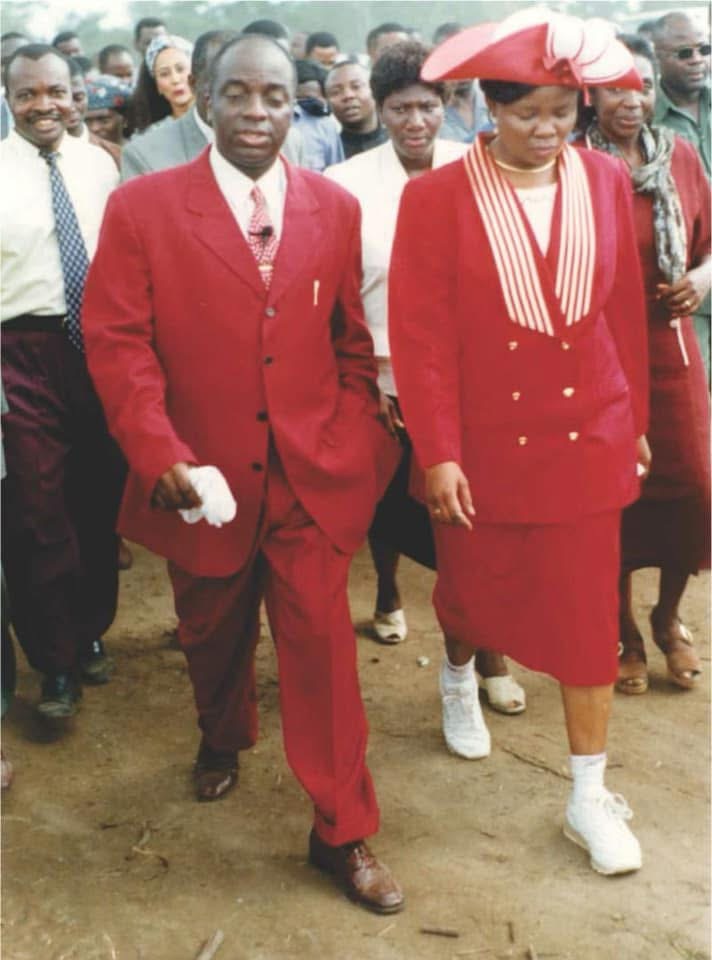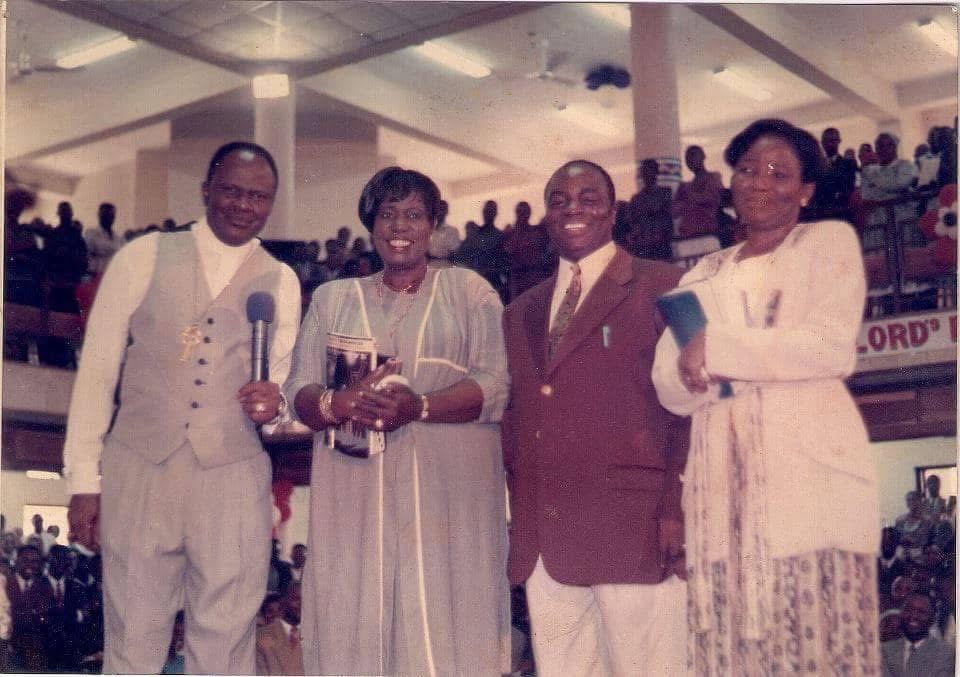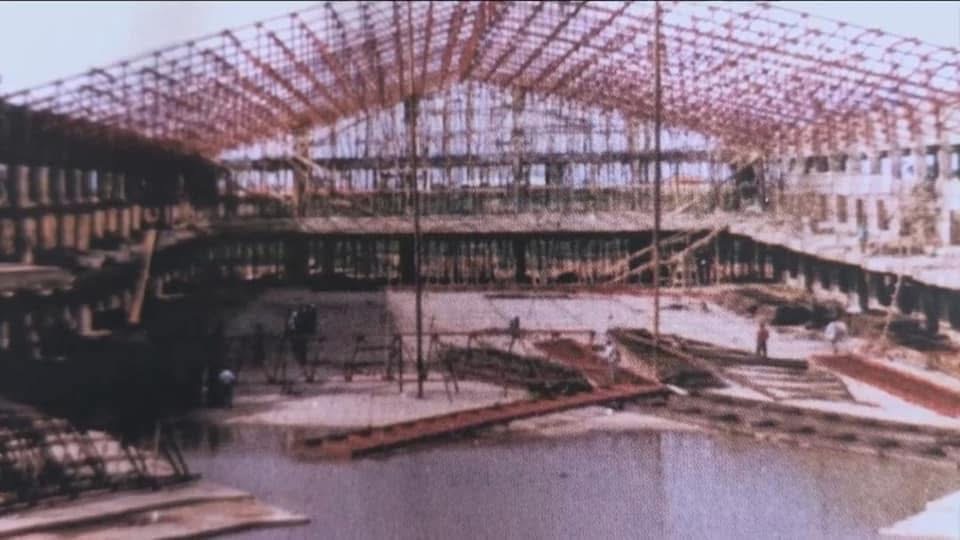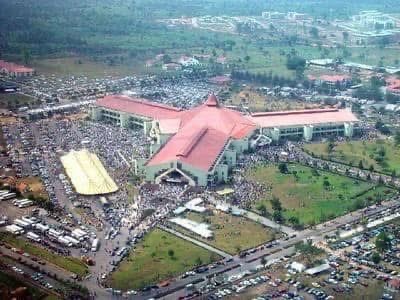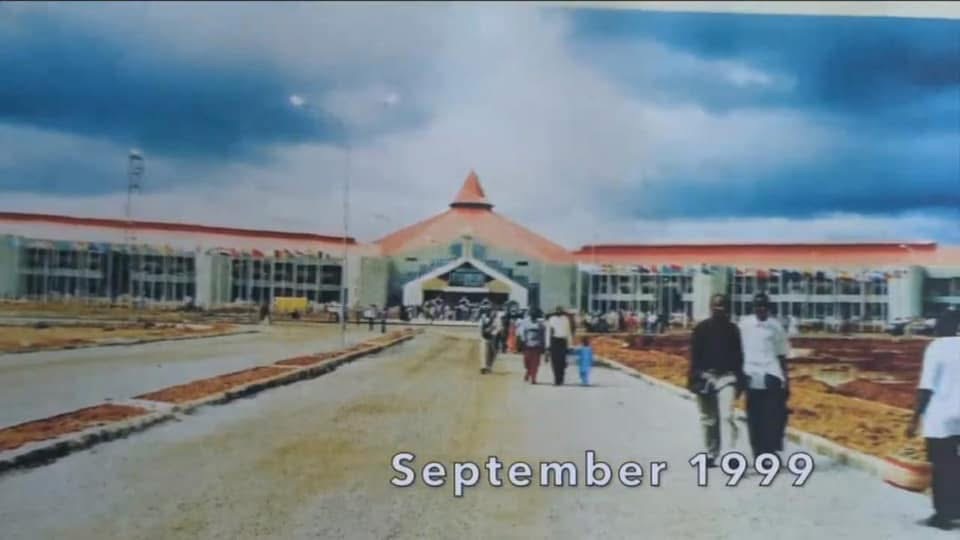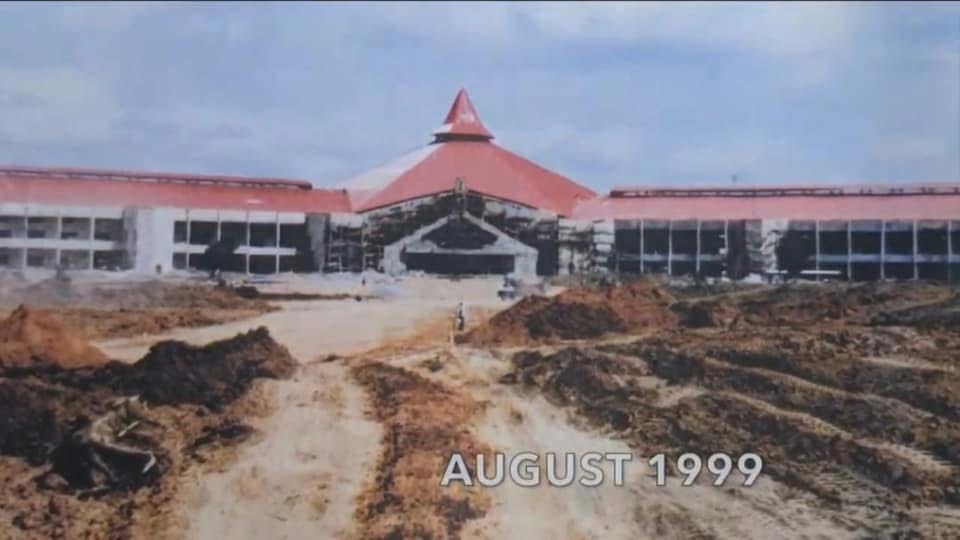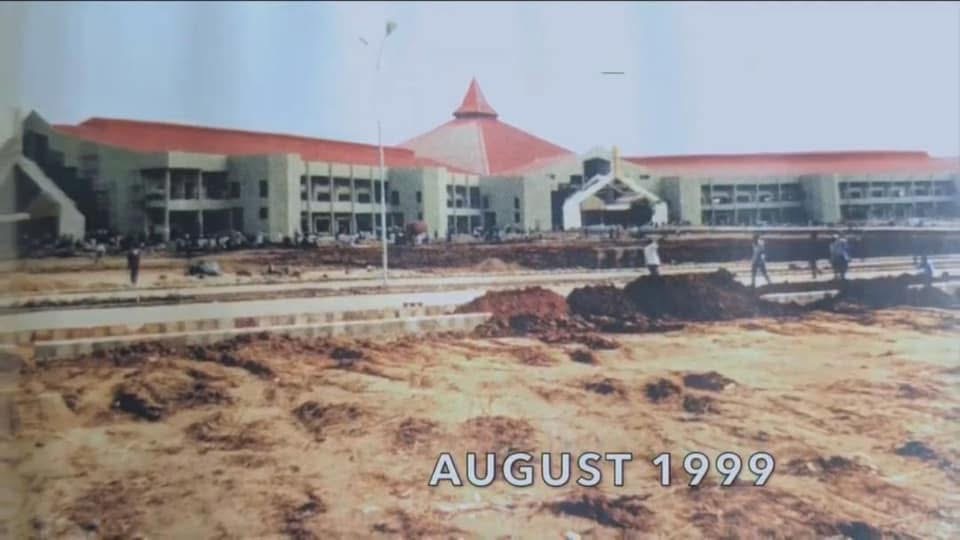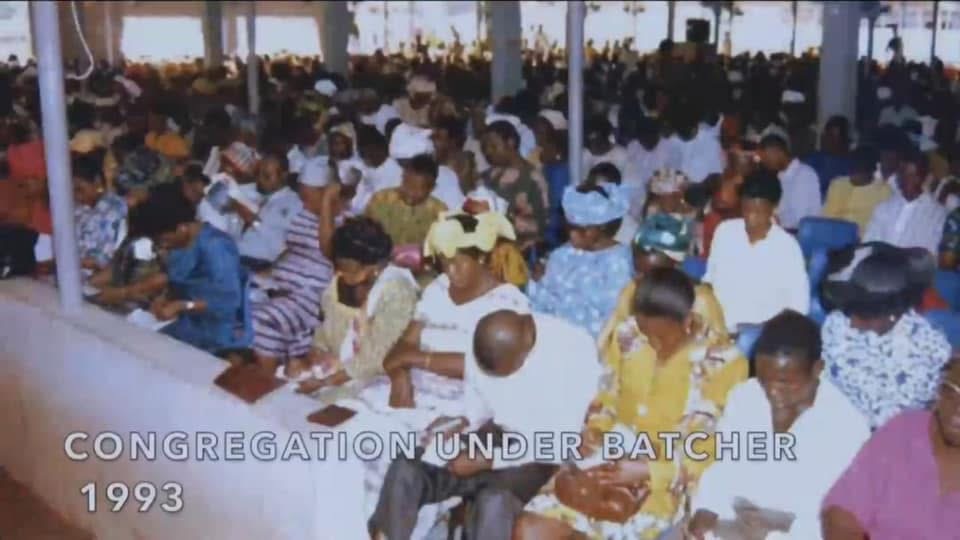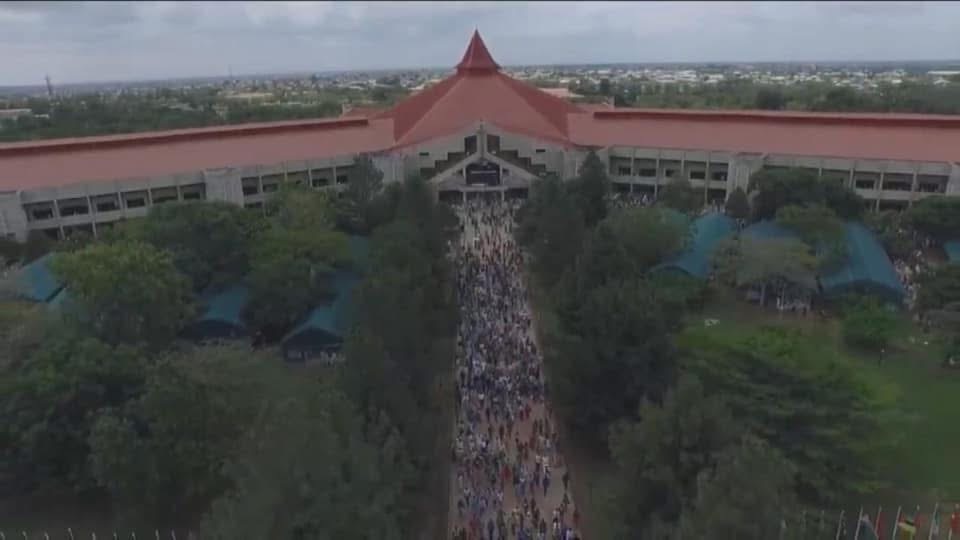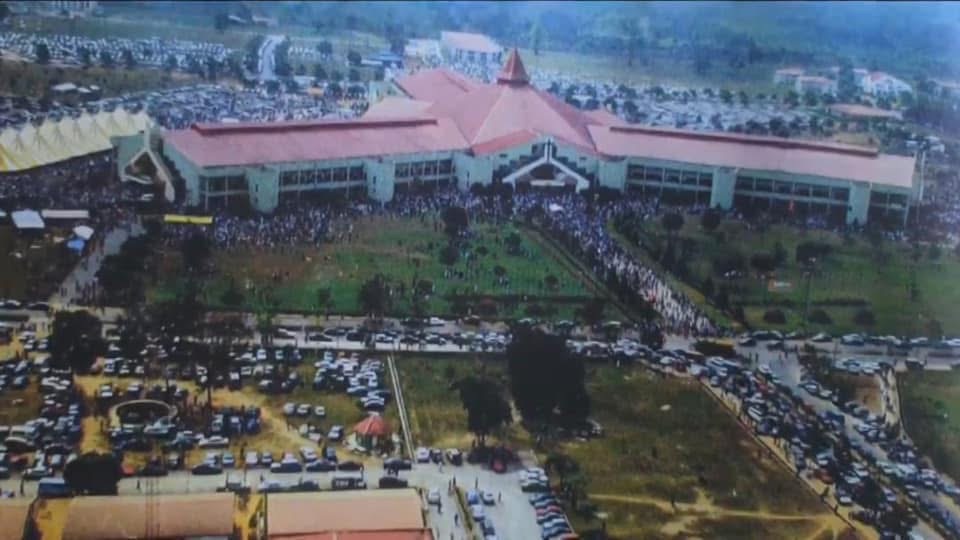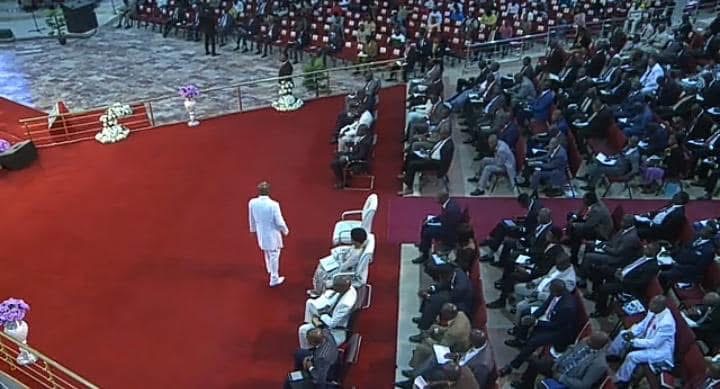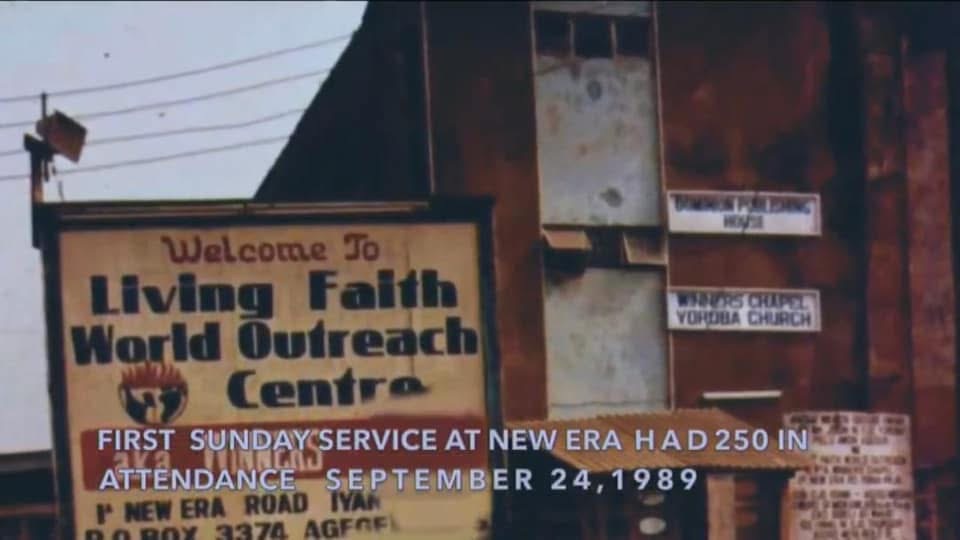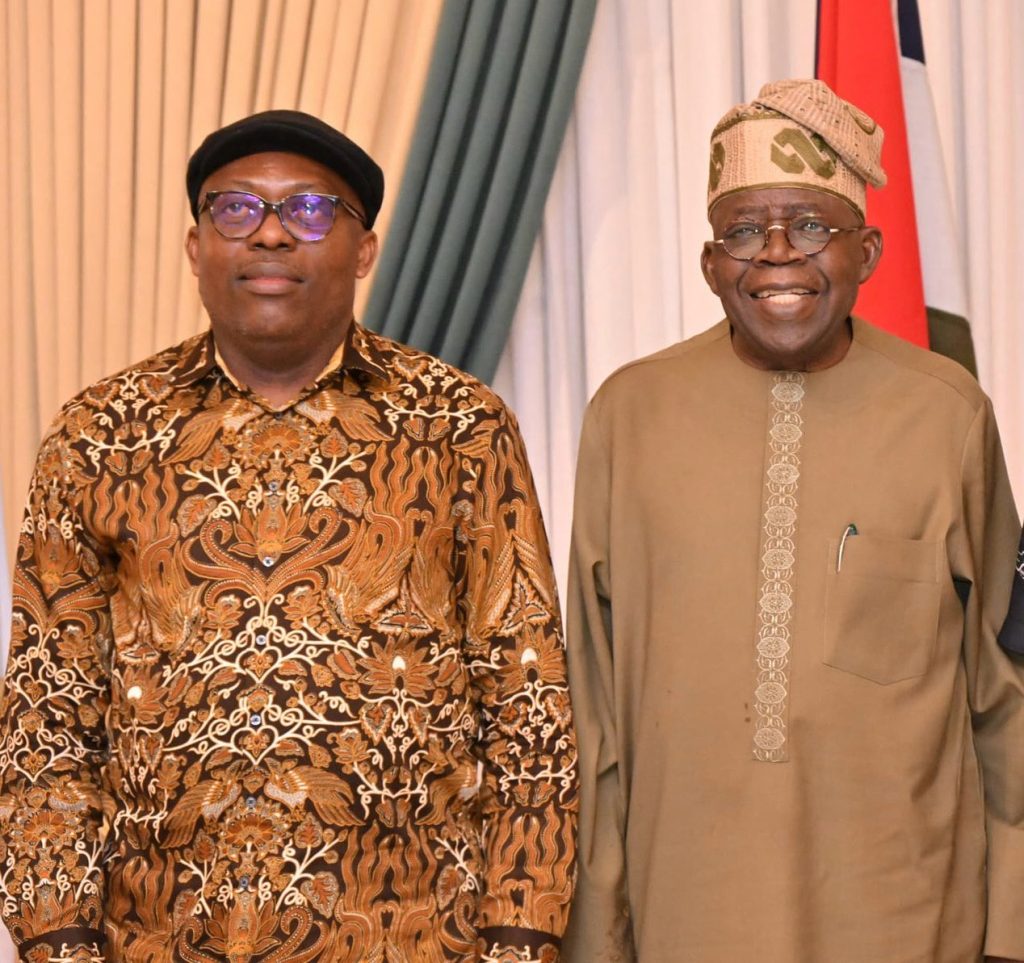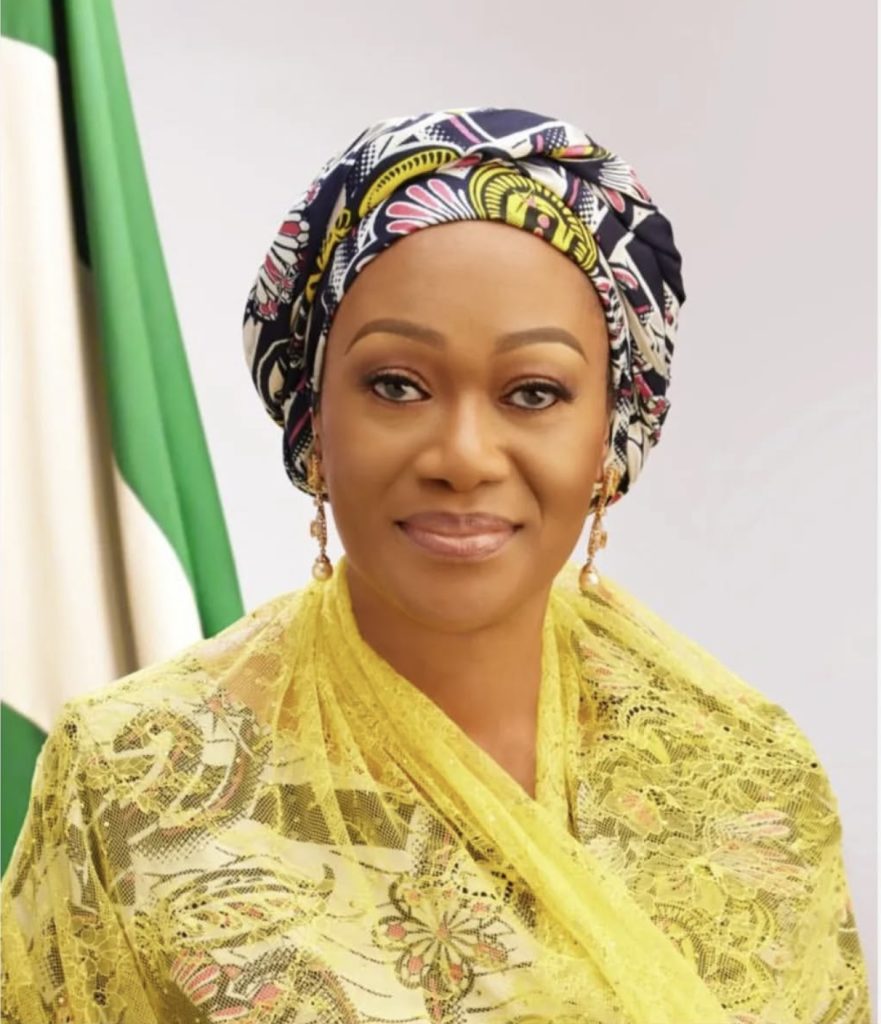
By Mobolaji Sanusi
“There are two great days in a person’s life—the day we are born, and the day we discover why.” — William Barclay
The celebration of Nigeria’s First Lady, Senator Oluremi Tinubu’s 65th birthday today is uniquely an issue because of two things: The esteemed position she occupies, and secondly because of her admirable assertive but simplistic humility despite her privileged position of power and influence over the years.
However, not many people know that she shares her assertive humility with the very first woman to carry the First Lady tag in recorded history. We all proclaim the First Lady title but a negligible number of us, especially in our African continent, bother to unravel how the title of First Lady came to being in the early days of an independent United States political history.
The title was ab initio deployed to describe the spouse of America’s pioneer president. Martha Washington, wife of George Washington, United States first president, was the first spouse in global history to be referred to as “First Lady” in an 1838 article authored by one Mrs Sigourney in the St. Johnsbury Caledonian newspaper.
Mrs. Sigourney in the article, highlighted how Martha Washington never got intoxicated by power, even after her husband, George became president. She wrote: “The First Lady of the nation still preserved the habits of early life. Indulging in no indolence, she left the pillow at dawn, and after breakfast, retired to her chamber for an hour for the study of the scriptures and devotion.”
Precisely how Mrs Sigourney described Martha Washington as a piously religious and humble woman of substance aptly captures the virtuous attributes of our current First Lady. However, Remi Tinubu, CFR, is much more to humanity than Martha was.
We may unknowingly assume she’s just the usual First Lady. Expectedly so because hitherto, previous First Ladies who occupied Nigeria’s Presidential Villa largely played the role of hostess to dignitaries who visited Nigeria’s seat of power. But our own Senator Oluremi Tinubu, CFR, wife of incumbent President Bola Ahmed Tinubu, GCFR, plays more than that simplistic role euphemistically described as that of the “other room”—apologies to late former president, Muhammadu Buhari.
With the glimmer so far displayed at the Aso-Rock Villa and how she served in Lagos House in the same role, it won’t be out of tune to describe her as being indeed, the primus inter pares amongst the wives of presidents that have lived in the federal seat of power.
And this is not hyperbolic. Our First Lady possesses an inspiring credentials quite uncommon within the club of wives of former presidents in this country. She has so many firsts attached by providence to her name. Not many people would easily realize that she’s the first Nigerian woman imbued with the privilege of serving as a senator before becoming First Lady to her president husband.
She has also made history by not just being a senator but the first woman in the annals of the nation’s political history to have served an unbroken three-term tenure as a senator. She’s also the only First Lady, by virtue of her versatile legislative experience that’s nuanced in proper workings of government. Like Senator Hillary Clinton remarked during the 1992 Presidential campaign in the USA that voters would get her and her husband working for the country if Bill Clinton was elected President, Nigerians “got two for the price of one” with the election of President Tinubu in 2023.
At 65, Remi Tinubu was providentially prepared for the role she played and still playing in the nation’s public life. Having been properly schooled at Our Lady of Apostles Secondary School, Ijebu Ode, Ogun state where she sat for her West African School Certificate in 1979, her subsequent education at Adeyemi College of Education for her National Certificate in Education and later at the University of Ife where she obtained her bachelor’s degree in Education prepared her for her current role as the mother of the nation.
She combines this with very deep spiritual rigour that saw her becoming a pastor in the Redeemed Christian Church of God after obtaining a postgraduate diploma in theology from the church’s Bible school in 2010. All these, coupled with a strong parental grounding led her to becoming a woman of indisputable sense of admirable ethos, spirituality and humility.
Remi Tinubu’s husband’s incursion into politics threw her into public eye. Ever since, she has evolved into carving her own niche without breaching the space provided for her to operate within by her husband. Since founding the New Era Foundation in 2000 with several laudably impactful programmes to showcase decades after, Remi Tinubu has never looked back. Her New Era Foundation was built on empathy, with a strong focus on supporting underprivileged groups—especially children, women, and young people.
Drawing on her background in education, she championed initiatives that inspired learning and excellence.
Among the most notable was the state’s first-ever Spelling Bee competition for secondary school students. Designed to foster academic achievement, the programme also carried a powerful message: regardless of socio-economic background, hard work, dedication, and academic excellence can propel any child to the highest levels of success. To reinforce this belief, the Foundation created the “One-Day Governor” initiative, giving the Spelling Bee winner the opportunity to serve as the state’s governor for an entire day—complete with media attention, a seat at the governor’s desk, and participation in a state council meeting.
In the Senate, she became a strong advocate for state police to enhance security in our communities, and for reforms of the postal system. It is no surprise that education reform, state police, and postal reforms remain priorities for the President today.
Senator Remi Tinubu has distinguished herself as First Lady of Lagos State, as a Senator of the Federal Republic of Nigeria, and now as the First Lady of the nation. She has also excelled as a devoted wife and mother, offering unwavering support to the President in his service to the country.
Her humility and grassroots orientation drew people’s exaltation. With her husband’s assumption of office as Nigeria’s 16th President, she also becomes the 16th First Lady of the Federal Republic of Nigeria, assuming a newly-elevated role from her Lagos position, within Nigeria’s national narrative.
As Nigeria’s First Lady, she has pursued her pet project – Renewed Hope Initiative (RHI) – committedly. With her selfless dedication to uplifting the hoi poloi in the country, RHI has continued to live in the consciousness of the people through benevolent initiatives, sponsored not from the government till, but through partnerships with successful private entities like the African Initiatives of Abdul Samad Rabiu, the Tony Elumelu Foundation and other anonymous wealthy entities of this world.
Very many Nigerians who have been privileged to encounter the First Lady, including yours sincerely, will stoutly vouch for her intolerance for inanities in all imaginable endeavours. This is why the many that had thought that her RHI initiative would become another showpiece project designed for photo Ops have been greatly been disappointed. RHI, through its anchored five thematic pillars of agriculture, education, health, economic empowerment and social investment have been widely recognized as a big success in alleviating and palliating the toil of our vulnerable class, with special attention to women, children, elderly and the youth.
About two months ago, Remi Tinubu’s RHI empathetically donated one billion naira (N1billion) towards helping victims of recent Plateau state violence. Till date, her several food outreaches, health interventions, monetary donations, most times amounting to half a million naira per person, doled out as grants to farmers, market women, widows, business owners, school children, physically challenged people and the elderly and the sick, have percolated through the thirty-six states and Abuja with beneficiaries volunteering to publicly attest to having received the First Lady’s humanitarian largesse.
Commendably so heartwarming to equally know that in just barely two years, Remi Tinubu’s Renewed Hope Initiative has reportedly benefited over 40 million Nigerians. She fed the hungry, clothed the needy, fortified the healthcare worker, equipped the farmer, provided grants for the traders, rescued the elderly from untimely deaths and restored hope of thousands of girls. What other things could be more rewarding than to use one’s position to benefit humanity.
Even today at 65, she has come out to publicly tell her well-wishers not to embark on celebratory jamborees but rather deploy money kept for that to sponsor a laudable national library project initiative. True to her selflessly humanist nature, she called on her admirers to, on this occasion of her 65th birthday, contribute money to a designated account with the federal ministry of education to be used for the completion of the abandoned national library project. That is Remi Tinubu for you – always thinking of how to make indelible imprints on the sand of time. Others in her shoes or even higher shoes could possibly have called for donations to build personalized presidential library known more for hospitality business than any meaningful intellectual pursuits.
Our ravishing First Lady is imbued with the lovingly assertive character of a mother, the panoramic scrutiny of a genuinely focused legislator; a tenderly affectionate heart of a humanist and above all, she has been a sincerely obedient wife to, as your sincerely writes this, the patriarch of progressive politics in the country, Asíwájú Bola Ahmed Tinubu, our dear president.
There’s a popular aphorism which goes thus: “Don’t just count your years, make your years count”. In all ramifications, Remi Tinubu, through her steadfast contributions to mankind, has in deeds, words and actions affirmed her not only counting her years but equally making those years count.
At sixty-five, our darling Yeye-Asíwájú of the universe is obviously redefining and making productive, the covetous office of the First Lady — from its being hitherto a position of ceremonial glamour to making it become a throne of substantial impact with enduring substance.
Happy 65th Birthday Yeye-Asíwájú’.
•Sanusi, former MD/CEO of LASAA is a managerial psychologist and current managing partner at AMS RELIABLE SOLICITORS


